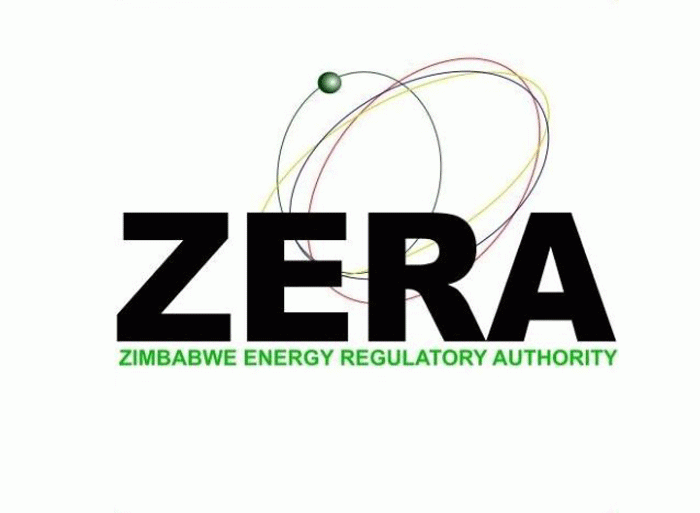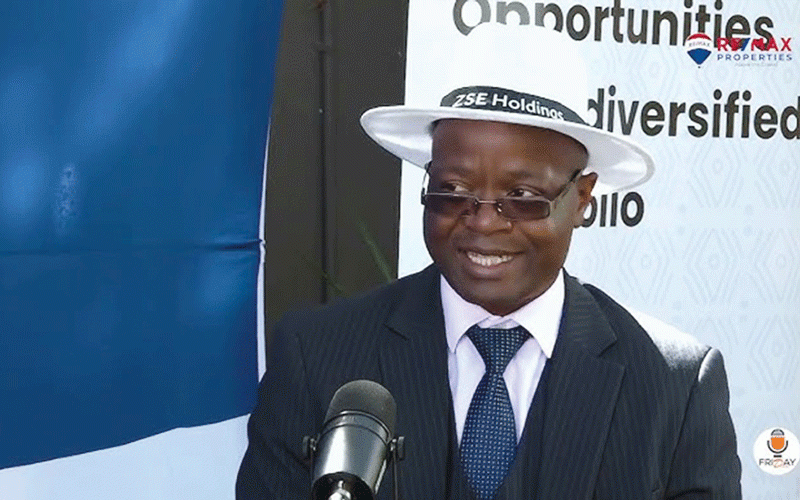
THE Zimbabwe Energy Regulatory Authority (Zera) is lobbying government to consider removing value-added tax (VAT) on renewable energy products as it seeks to promote energy efficiency
nationally, it has been revealed.
The promotion of renewable energy comes as existing power generation facilities are generating between 1 000 megawatts (MW) and 1 500MW against a national demand of over 2 000MW.
According to the Southern African Power Pool, the country has an installed capacity of 2 412MW.
The energy regulator wantys to fast-track renewable energy projects, which have a combined capacity to generate about 1 800MW.
“What we are lobbying now is that government removes VAT. I think we’ve done a paper that we submitted to the Ministry of Finance to remove VAT on any efficient renewable energy product. Why? What we are saying is that this equipment is going to save us energy,” Zera research and energy efficiency engineer Victor Sibanda said at The Standard’s Waste to Energy Conference held last week in Kariba.
“It’s going to generate energy. Government should get their revenue from the saved energy which is now being used productively and not revenue on the items which are supposed to be saving energy.”
The Standard is a weekly published by Alpha Media Holdings, along with another weekly Zimbabwe Independent and the daily NewsDay, as well as operating an online telecast station HStv.
- Zera slashes fuel dealership licence renewal fees
- Zera hikes LPG prices
- Zera ponders over energy crisis
- Petrol, diesel prices go up
Keep Reading
In December last year, the Energy and Power Development ministry revealed that about 28 independent power producer (IPPs) projects had been approved, with 130 still awaiting the government’s nod.
By March, the government revealed that 10 IPP projects, with capacity to generate 271MW, had been given government guarantees.
The authorities, during the same month, also revealed that they were in the process of screening 30 renewable energy projects to guarantee their bankability.
Sibanda said the authority had done a study on the removal of VAT which revealed that by doing so, the country could create excess capacity and minimise the energy used.
“The authority has done a study on the impact of removal of VAT because there are many benefits which can accrue to the nation by people having energy efficient equipment and going towards renewable energy,” he said.
“Essentially, one will be freeing up capacity for other uses, mainly the productive use or industrial energy by having this energy efficient equipment, thereby revenue will increase by productive use of energy, which is being freed up by this equipment and gadgets.”
Added Sibanda: “It means they will minimise the quantum of the amount of energy which they might have used if they were not efficient. By doing so, we would have created a virtual power station or excess capacity.”
He said the authority was waiting for feedback on the proposal.
Sibanda said the authority had ensured that for anything renewable, licensing requirements and fees paid were less than any other technology.











